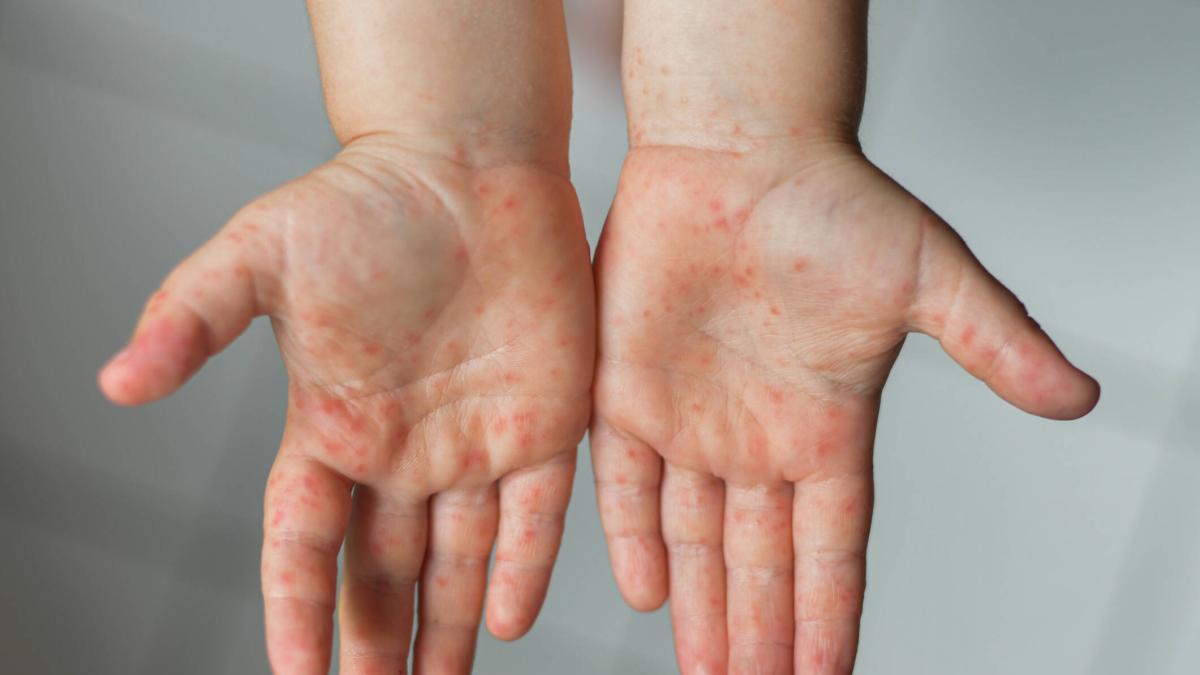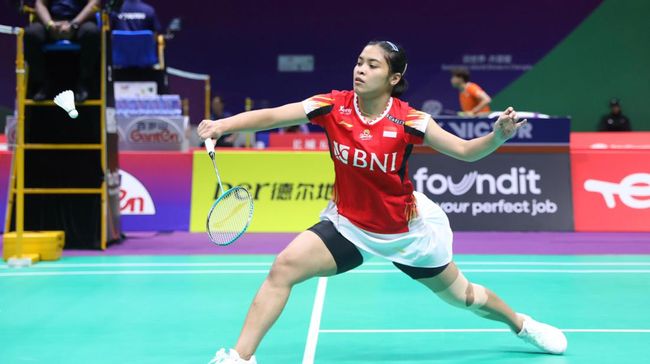A lower-dose intradermal monkeypox vaccine (pox) vaccine regimen is safe and generates an antibody response equivalent to that induced by the standard regimen at six weeks (two weeks after the second dose), according to results from a study conducted by the National Institute of Allergy and Infectious Diseases (NIH), presented at the European Society of Clinical Microbiology and World Congress on Infectious Diseases in Barcelona
The mid-term study enrolled 225 adults aged 18 to 50 in the United States who had not previously been vaccinated against mumps or smallpox. Participants were randomly assigned to receive the standard MVA-BN regimen approved by the US Food and Drug Administration (FDA), a regimen containing one-fifth of the usual dose, or one with one-tenth of the usual dose.
The standard dose was injected subcutaneously, while the lower dose regimens were injected between the layers of the skin (internally). Participants in each study arm received two injections 28 days apart and were monitored for safety and immune response.
Smallpox plagued the people of Tunja for over 200 years.
Photo:
By day 57, participants who received one-fifth of the normal dose had lower antibody levels than those in the normal control group, although the significance of this difference is unknown.
Participants who received one-tenth of the standard dose had lower antibody levels in all measurements. The most commonly reported adverse events were mild local reactions at the injection site. Adverse events were similar in all arms of the trial and no vaccine-related adverse events were reported.
The authors note that since there are no specific protective correlates against mpox (proven immune processes to prevent infection), these findings cannot reliably predict a on the effectiveness of dose-saving regimens.
Real-world data from the Centers for Disease Control and Prevention and others have shown similar vaccine efficacy for the alternately administered dose-saving regimen and the conventionally administered regimen. subcutaneously. A study of the standard MVA-BN technique in adolescents is ongoing and results will be reported later this year.
2024-05-02 22:31:55
#dose #monkeypox #vaccine #safe #study


